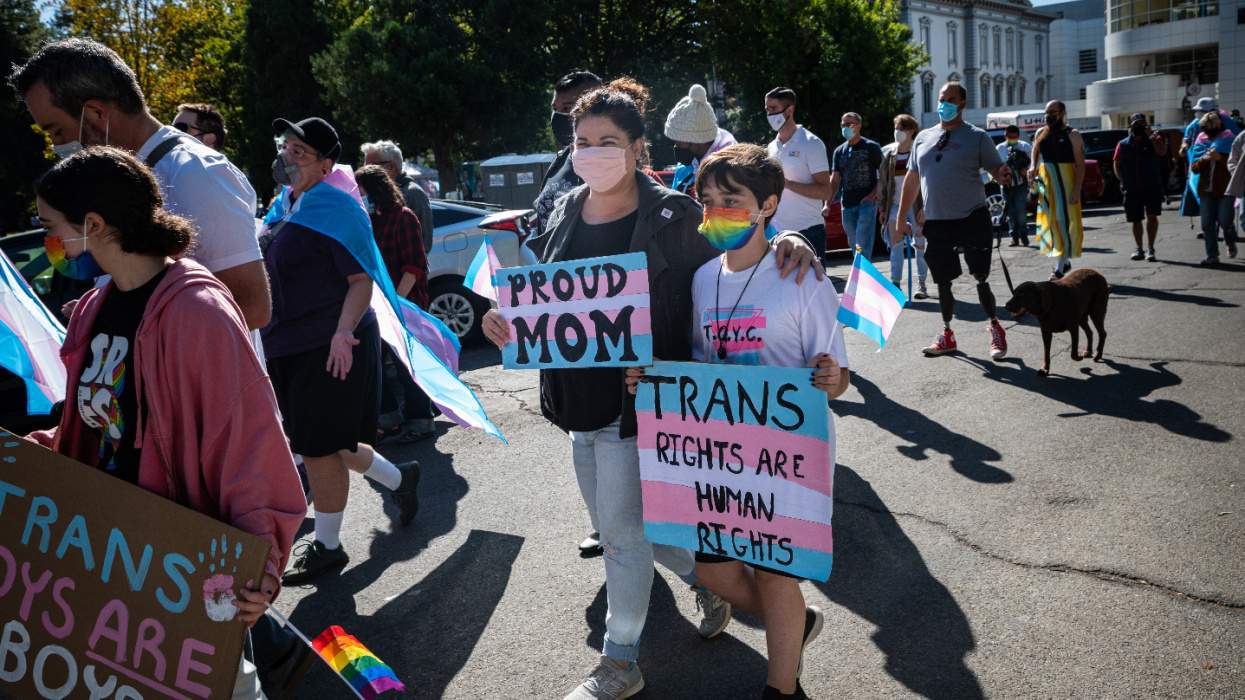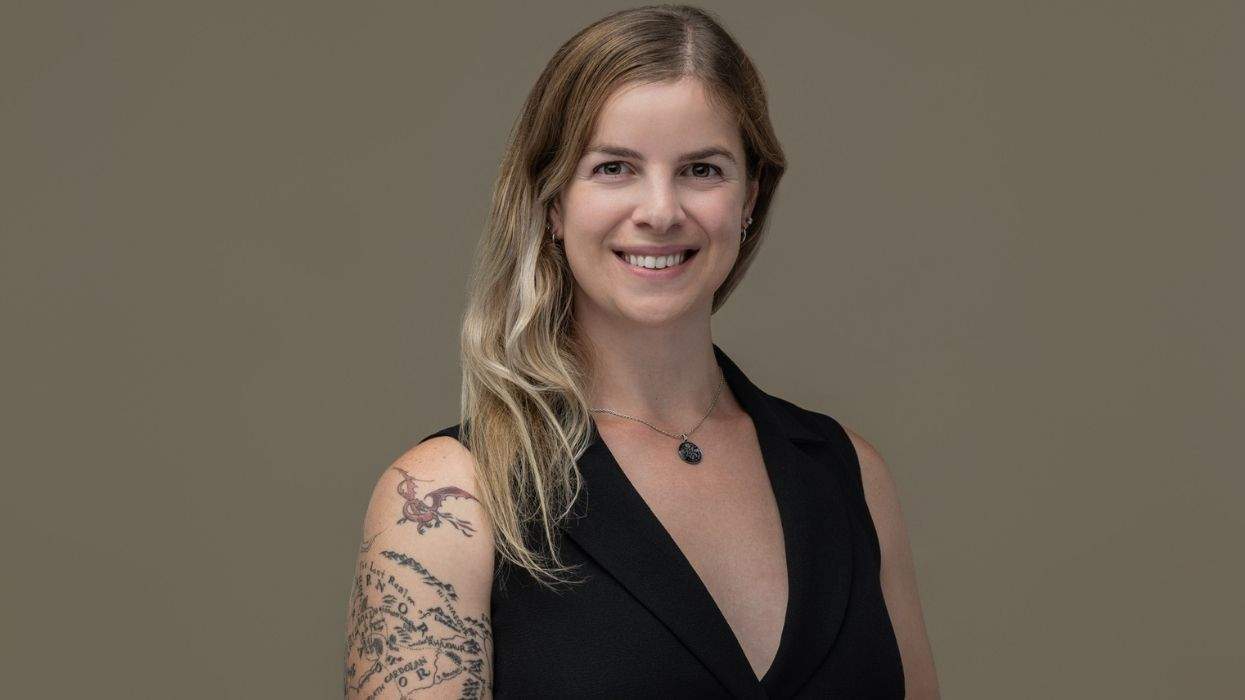Across the country, Republican legislators have pushed to limit or completely ban gender-affirming care for transgender individuals. Those hit hardest by the restrictions are also the youngest members of the community -- trans teenagers.
Just this year, Arizona and Alabama have passed laws criminalizing gender-related surgery on patients under the age of 18. Florida is currently considering a similar ban, with Gov. Ron DeSantis claiming that doctors should be sued for "disfiguring" children, despite medical institutions explicitly condemning transgender healthcare restrictions.
While genital surgery on minors is exceptionally rare, top surgery, the practice of breast augmentation or reduction, is becoming more common. Many studies conclude that mastectomies are an "invaluable" tool for transgender men, but research on the effects in trans youth is not yet widely available due to the infancy of the practice.
The small studies that have been conducted on masculinizing chest surgery largely suggest that the operation "alleviates suffering and improves functioning" in transgender youth, though medical professionals have been unable to reach a consensus on minimum age guidelines for the procedure.
A study on chest reconstruction and dysphoria in transgender minors from the pediatric gender clinic at Children's Hospital Los Angeles concluded: "Professional guidelines and clinical practice should consider patients for chest surgery based on individual need rather than chronologic age."
The study surveyed 136 transgender patients, ages 13 to 25, half of whom had top surgery. Those who had not undergone the operation disclosed significantly more distress, whereas only one individual who had undergone the procedure reported regret.
Despite the lack of data, anti-trans proponents often platform those who de-transition to create a narrative of regret that dissuades gender-affirming healthcare. According to GenderGP, only 8 percent of transgender adults in the United States report some kind of de-transition, and of the 8 percent, 62 percent "only did so temporarily due to societal, financial, or family pressures." For transgender youth, the de-transition rate is even lower with 2.5 percent changing their gender identity after five years.
A recent piece on youth top surgery in The New York Times has drawn condemnation online for extensively invoking the stories of those who experienced regret or de-transitioned.
Chase Strangio, an attorney for the American Civil Liberties Union, criticized the piece in a Twitter thread where he compared his experience with top surgery to a knee surgery he underwent as a minor.
"I had top surgery 13 years ago. There is not a day that goes by that I don't think about how it was the best thing I have ever done for my survival," Strangio shared. "I also had orthopedic knee surgery at 14 and often regret it. But no NYTs pieces about orthopedic regret I see."
Data from the Times article estimates there were 203 gender-affirming surgeries performed on minors in the year, at only eleven different clinics. In contrast, 3,200 girls ages 18 to 19 received cosmetic breast implants in 2020. While data is not available on the number of minors who received breast augmentations, the procedure is available through some surgeons with parent permission.
Strangio continued: "Those examining our care know nothing about experiences or our history but write salacious pieces that tap into an existential fear about the complexity of sexed bodies."
The Times piece also noted a recent "explosion" in trans health care, but Strangio contended that the "need was always there, we just had no access to treatment," something he believes the article failed to take into account.
"Trans people and those who care for us are under tremendous threat," he said. "We are having all the wrong conversations and I fear for what that means for the many people who have a medical need that has exposed the fear of how powerful bodily autonomy can be."
This article has been updated to include more relevant numbers on the amount of breast augmentations performed. Originally published on AdvocateChannel.com.
















Charlie Kirk DID say stoning gay people was the 'perfect law' — and these other heinous quotes
These are some of his worst comments about LGBTQ+ people made by Charlie Kirk.